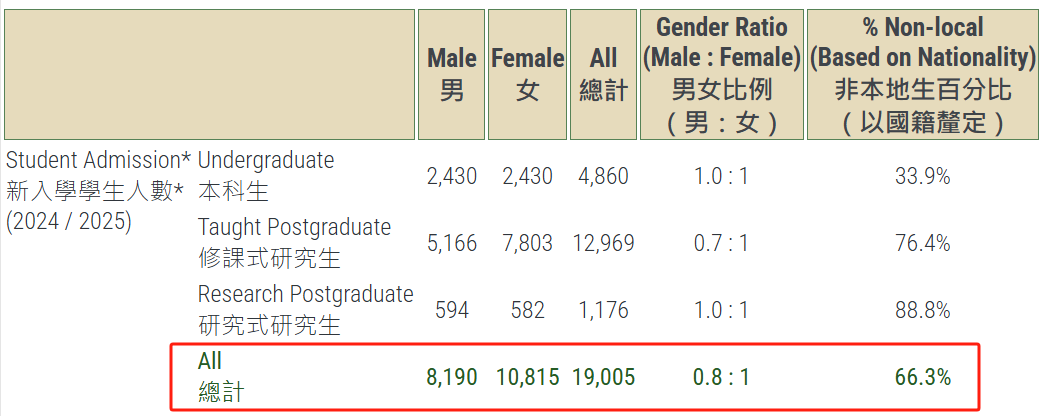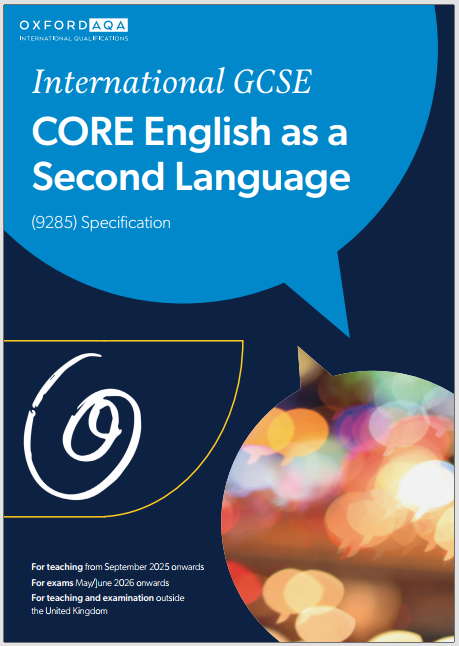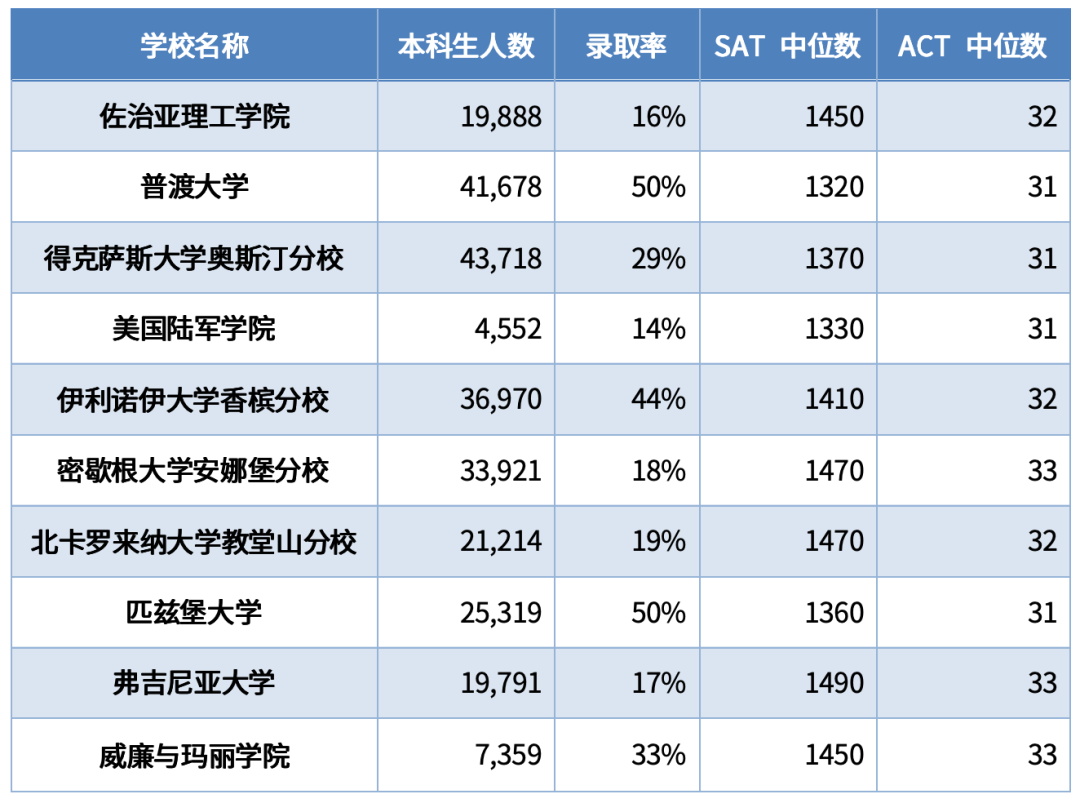本期 为大家推荐曼彻斯特大学、新南威尔士大学2024最新奖学金介绍。
01、曼彻斯特大学
High-throughput characterization and engineering of nucleotide synthases for production of nucleoside analogues
The University of Manchester |Department of Chemistry
博导:Dr S Lovelock,Dr Craig Markin
截止日期:May 31, 2024 周五
资助的博士项目(全球学生)
项目描述:
About the Project
Nucleotides are the building blocks of life, modulating diverse processes from protein production to cell signalling. It is therefore unsurprising that synthetic nucleoside analogues have been developed as therapeutics for the treatment of a wide range of diseases including cancers and viral infections. Nucleosides are challenging to chemically synthesize as they are structurally complex, contain multiple stereogenic centres, and often have poor solubility in organic solvents. In biology, nucleosides are synthesized efficiently and in a regio- and stereoselective manner by enzymes – thus, biocatalysis offers an attractive alternative to chemical approaches to produce modified nucleoside analogues.
In this project we will investigate different classes of nucleotide synthases. These will be evaluated using HT-MEK (High-Throughput Microfluidic Enzyme Kinetics), a state-of-the-art technology for expression, purification, and repeated quantitative measurement of 1,500 enzyme variants in a single experiment. This will allow us to quantitatively map the substrate specificity landscapes of large panels of nucleotide synthases and carry out systematic functional studies to reveal the molecular determinants of catalysis and specificity in these enzymes. This knowledge will inform subsequent engineering of the most promising synthases.
This is a multidisciplinary project involving state-of-the-art high-throughput technology and modern protein engineering methodologies. The student will gain diverse skills in molecular biology,in vitroexpression, design and optimization of high-throughput biochemical assays, laboratory evolution, and analysis of large data sets (e.g. using computational notebooks, Python and Mathematica). The student will be based at the Manchester Institute of Biotechnology where they will work under the supervision of Dr Sarah Lovelock and Dr Craig Markin. This project is supported by funding from CoEBio3, an industrially funded PhD training network.
Eligibility
Applicants should have, or expect to achieve, at least a 2.1 honours degree or a master’s in biochemistry, chemistry or a related discipline.
Funding
At Manchester we offer a range of scholarships, studentships and awards at university, faculty and department level, to support both UK and overseas postgraduate researchers.
For more information,visit our funding pageorsearch our funding databasefor specific scholarships, studentships and awards you may be eligible for.
Before you apply
We strongly recommend that you contact the supervisor(s) for this project before you apply.
How to apply
To be considered for this project you’ll need tocomplete a formal application through our online application portal.
When applying, you’ll need to specifythe full name of this project,the name of your supervisor,how you’re planning on funding your research,supporting statement, details of your previous study, and names and contact details of two referees.
Your application will not be processed without all of the required documents submitted at the time of application, and we cannot accept responsibility for late or missed deadlines. Incomplete applications will not be considered.
If you have any questions about making an application, please contact our admissions team by emailingFSE.doctoralacademy.admissions@manchester.ac.uk.
Equality, diversity and inclusion
Equality, diversity and inclusionis fundamental to the success of The University of Manchester, and is at the heart of all of our activities. We know that diversity strengthens our research community, leading to enhanced research creativity, productivity and quality, and societal and economic impact.
We actively encourage applicants from diverse career paths and backgrounds and from all sections of the community, regardless of age, disability, ethnicity, gender, gender expression, sexual orientation and transgender status.
We also support applications from those returning from a career break or other roles. We consider offering flexible study arrangements (including part-time: 50%, 60% or 80%, depending on the project/funder).
Funding Notes
This 3.5 year PhD is fully funded though CoEBio3; funding will cover fees and a tax free (depending on circumstances) stipend set at the UKRI rate (£19,237 for 2024/25).
02、新南威尔士大学
Levitating electron spin qubits on solid neon
UNSW Sydney |School of Physics
博导:Dr Maja Cassidy
截止日期:May 31, 2024 周五
资助的博士项目(全球学生)
项目描述:
About the Project
Levitating electrons on noble gases are a promising system for scalable quantum information processing, where the exquisitely clean environment allows for all major sources of decoherence to be eliminated.Recent demonstrations have shown electron charge qubits in the electron-on-neon system that have coherence times several orders of magnitude greater than any other solid-state system, and qubit fidelities exceeding 99.95%.
It is expected that the coherence time of an electron spin in this system will be even longer, potentially reaching over 100s, while the vertically excited Rydberg state allows for fast qubit interaction. In this project, you will work as part of a team developing a multi-qubit architecture in this system.
The project involves device design and fabrication in a clean room environment, electromagnetic simulation and cryogenic measurement in dilution refrigerators, including the use of advanced microwave measurement techniques.You will get the opportunity to present your work at national and international conferences, and there are plenty of chances for local and international collaboration.
If you are interested, please contact the supervisor for more information:
Maja Cassidymaja.cassidy@unsw.edu.au
About UNSW
UNSW Sydney is one of Australiaʼs leading research universities, and quantum computing and related technologies are of great strategic importance to the university. The quantum research community numbers almost 100 staff and students working across experimental and theoretical aspects of quantum computing in 15 different research groups, spanning both Schools of Physics and Electrical Engineering. Recently, UNSW has begun to offer the world’s first undergraduate degree in Quantum Engineering. UNSW is also host to the Australian National Fabrication Facility -UNSW node, which contains equipment and know-how critical to the fabrication of quantum computing devices and related technologies
Entry Requirements
Candidates should hold a 4 year undergraduate degree or masters degree in a related field, and have some demonstrated experience in a research setting.
Closing date:Applications will be considered in the order that they are received, the position will be considered filled when a suitable candidate has been identified.
Funding:The scholarship is fully funded with a tax-free stipend of $37,684 per annum. Further top-ups are available for exceptional candidates.
How To Apply
Email your expression of interest tomaja.cassidy@unsw.edu.au
Applications should include:
-
Curriculum Vitae
-
A letter of motivation, describing your interest in and suitability for the project.
-
Degree Transcripts/Certificates to date













